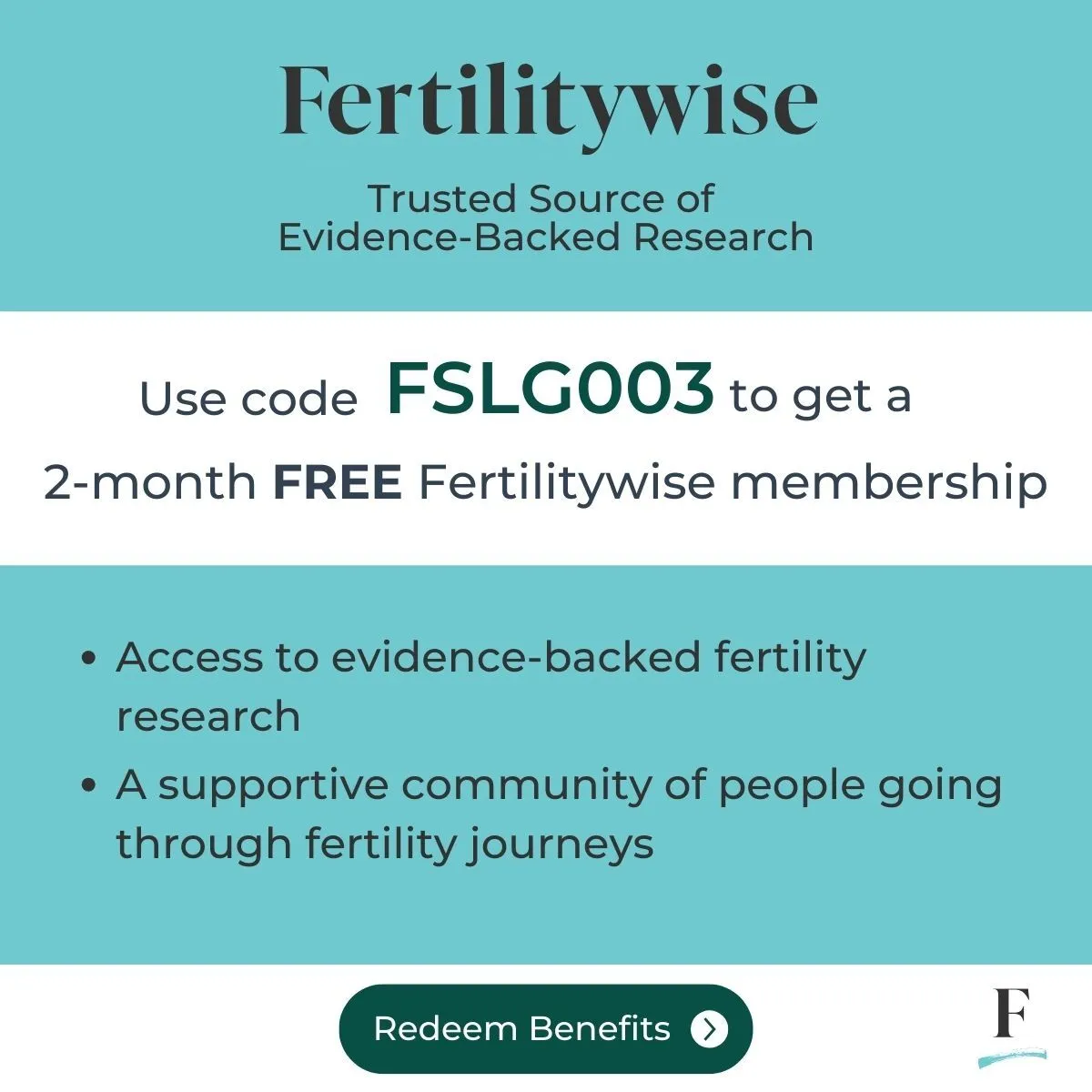Individuals and couples who have fertility issues have options for having a child. In California and elsewhere, one of them involves using a surrogate mother.
Surrogacy for having a baby
Around 12 to 15% of couples are estimated to have infertility problems. Like people who don’t struggle with these issues, many of these couples prefer to have a child who is theirs biologically. Surrogacy is one of the best options to have a healthy pregnancy and child. It can be used when a woman has difficulty sustaining a pregnancy herself or when there is a history of miscarriages.
LGBTQ couples often rely on fertility assistance. Some, such as gay couples, need a surrogate to become parents.
Surrogacy involves having a woman agree to carry a baby to term for a couple or individual who cannot carry the pregnancy themselves.
Types of surrogacy
There are two types of surrogacy available. One is a gestational carrier, who is a woman that doesn’t have a genetic link to the baby. She goes through in-vitro fertilization (IVF) and carries the pregnancy to term. The intended parents can be there during doctor appointments and for the birth of their child.
Traditional surrogacy means a woman’s own egg is used to create the baby. While she has a genetic relationship with the child, she agrees to give them up to the intended parents. Usually, her egg is fertilized using intrauterine insemination (IUI). However, traditional surrogacy isn’t often used and is often not advised due to the legal and emotional implications it could carry.
A surrogate can be found through an agency or even through people known to the intended parents. However, this person should be a gestational carrier if a family member steps in to help.
Surrogacy can be a blessing for many families who wish to have a child.

